
The recent Ubuntu Education Conference, held virtually on the Ubuntu Education HUB, 16-17 July 2024, marked a significant moment in African education. Drawing educators, policymakers, and innovators from across the continent, this event was more than just a gathering—it sparked a movement. With over 15,000 teachers now members of the Ubuntu Education HUB, this rapidly growing network is poised to become a powerful force for change. The conference underscored a crucial narrative: the collective voice of African educators is rising, ready to reshape the future of education on the continent.
As Africa faces unprecedented educational challenges, the rise of the Ubuntu HUB signifies a pivotal shift towards teacher empowerment. This platform fosters collaboration, innovation, and professional development, creating a supportive environment for educators to thrive. The conference, which featured distinguished keynote speakers, panel discussions and fireside chats, and inspiring Edu-Innovator spotlights, showcased the HUB’s potential to uplift educators both individually and collectively.
 A Gathering of Minds: The Conference in Review
A Gathering of Minds: The Conference in Review
The Ubuntu Education Conference was a resounding success, not only in participation but also in the depth of discussions and actionable insights. It brought together diverse voices united by a shared commitment to improving education across Africa. From keynote addresses by leading educational thinkers to grassroots innovators’ ground-level insights, the conference painted a comprehensive picture of the current state of African education and what can be done to elevate it.
Key Takeaways from the Conference:
1. The Importance of Teacher Voice:
A consistent theme throughout the conference was the crucial role that teachers play in shaping the future of education. Speakers emphasised that teachers are not just implementers of educational policy but also key contributors to its development. By raising their voices, educators can ensure that classroom realities inform educational reforms.
2. Innovation at the Grassroots:
The Edu-Innovator spotlights showcased the incredible work being done by educators on the ground. These sessions demonstrated that some of the most impactful innovations in education are emerging from within communities. From digital learning platforms to culturally relevant teaching materials, these grassroots initiatives are driving meaningful change where it’s needed most.
3. The Power of Collaboration: Another key takeaway was the value of collaboration—not just among teachers but across all stakeholders in the education sector. The Ubuntu HUB is proving vital in facilitating this collaboration, connecting educators with policymakers, researchers, and innovators, and promoting a more integrated approach to solving educational challenges.
4. The Role of Technology: The conference highlighted technology’s transformative potential in education. While significant barriers to access remain, especially in rural areas, digital platforms can be powerful enablers of professional development and collaboration.
Distinguished Keynote Speakers: Shaping the Dialogue
The conference featured a lineup of distinguished keynote speakers who brought a wealth of experience and insight to the discussions, setting the tone for the event and providing a broader context for the challenges and opportunities facing African education.
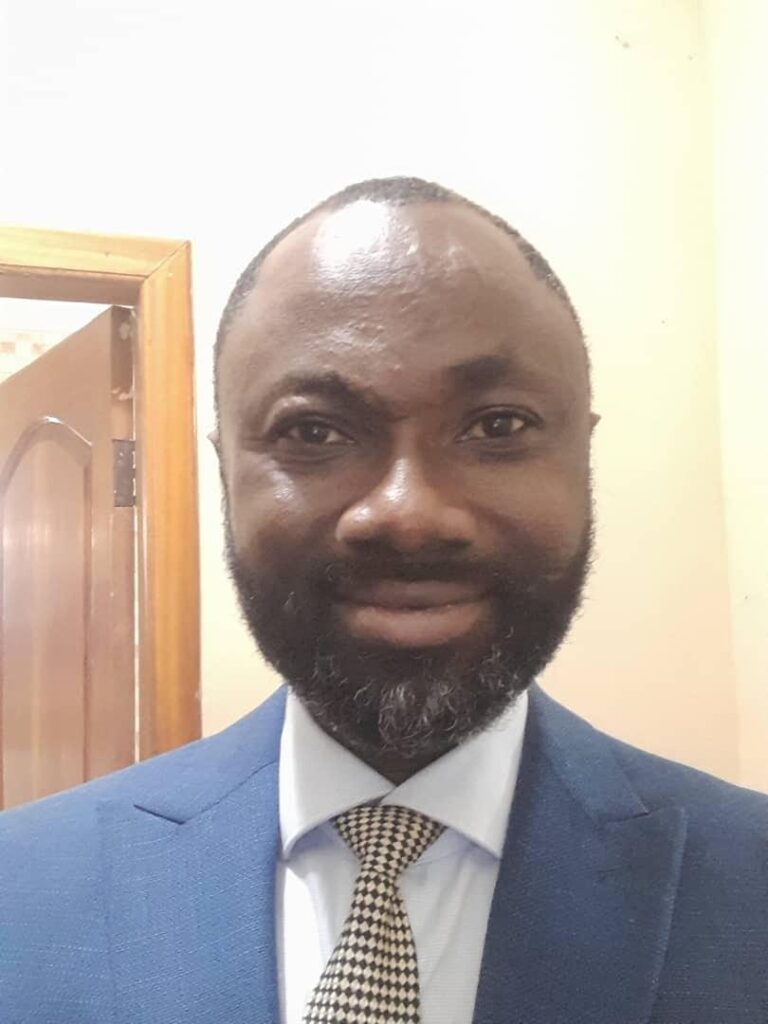
Prof. Stephen Baffour Adjei
Associate Professor of Psychology at Akenten Appiah-Menka University, Ghana, delivered a thought-provoking speech on “Contextualising Education in Africa: A Critical Transformative Pedagogical Approach.” Prof. Adjei critically examined the effect of imported colonial education systems, advocating for a decolonised, culturally sensitive pedagogy that empowers African Educators to formulate pragmatic approaches to learning and solutions to their unique challenges.
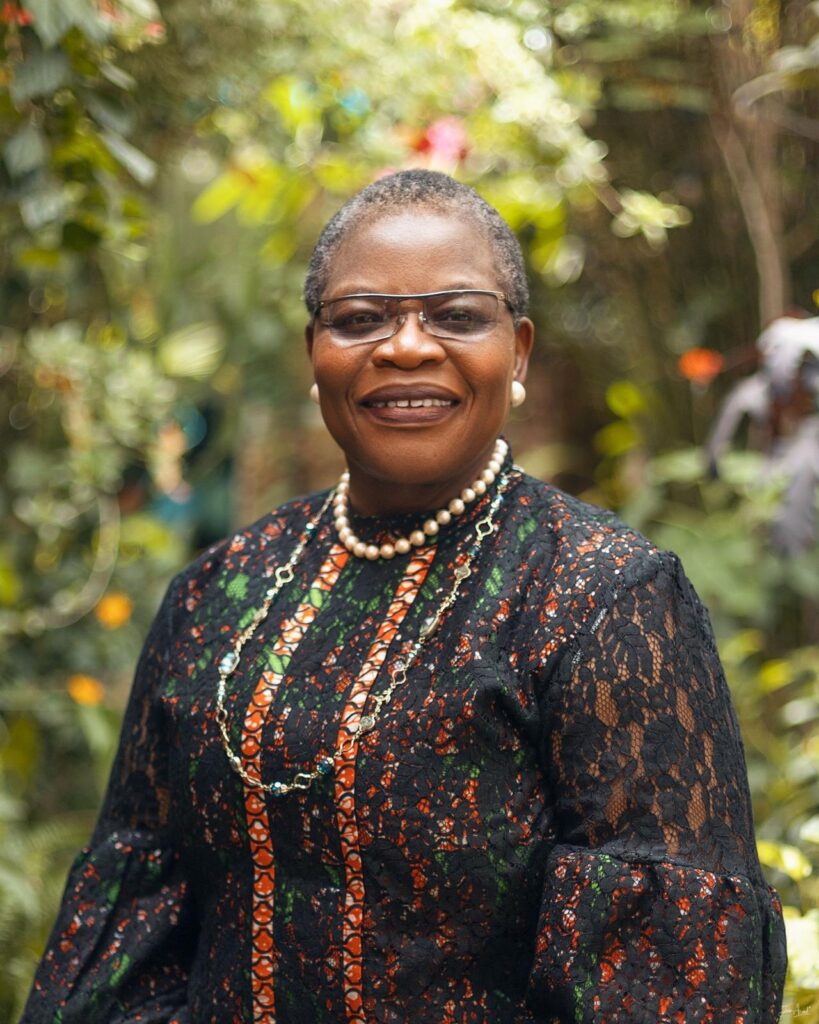
Dr. Oby Ezekwesili
CEO and Founder of Human Capital Africa, Nigeria, explored the transformative power of educators as change agents. She highlighted the crucial role teachers play in fostering innovation and creativity in the classroom, calling for greater investment in professional development to empower educators to lead educational reform.

Chilipo Gunda
Senior Teacher & Leadership Coach at SAINTS, Malawi, focused on the critical role of empowered educators in addressing Africa’s learning crisis. He discussed the challenges facing the education sector, including limited resources and insufficient training, and emphasised the need for systemic change through investing in teachers

Dr. Mary Asabea Ashun
CEO of Ghana International School, Ghana, in her talk, “The IKIGAI Compass, African Style!” encouraged educators to align their passions with professional goals, arguing that this alignment is key to personal and professional fulfilment.
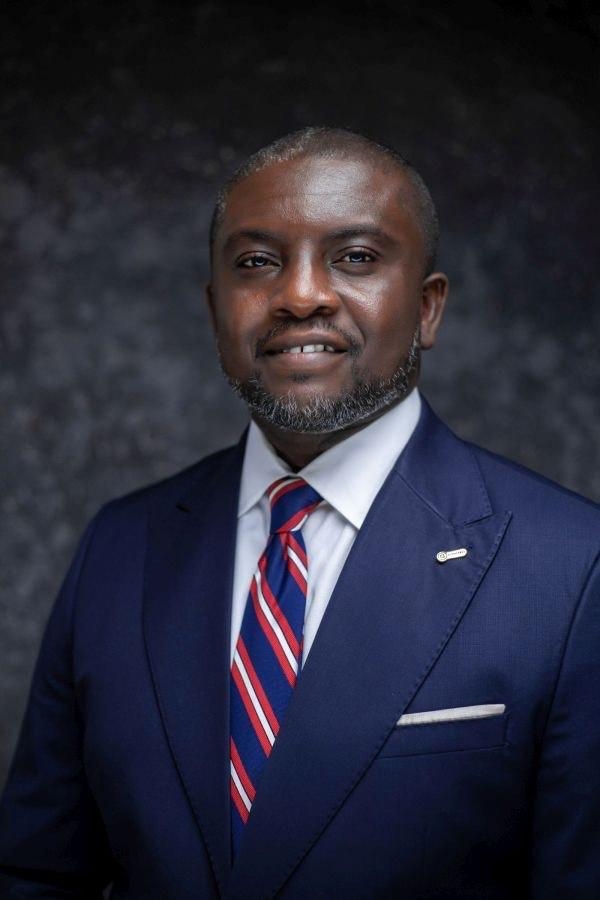
Dr. Kwabena B. Tandoh
Deputy Director General at Ghana Education Services, Ghana, discussed the importance of fostering a culture of learning within educational institutions. He emphasised leadership’s role in creating an environment where both teachers and students can thrive, providing practical strategies for building a learning organisation.
These keynote addresses laid the foundation for the Edu-Innovator spotlights and in-depth discussions exploring various facets of educational innovation and reform in Africa through Edu-Innovator Spotlights, showcasing the work of grassroots teacher innovators from Nigeria, Malawi, Zambia, and South Africa who are making a difference in their communities. From curriculum design, to leadership development and new approaches to early childhood education, these innovators are demonstrating the power of localised solutions to educational challenges.
The Impact of the Conference: Building Momentum for the Future
The Ubuntu Education Conference’s success is a testament to the power of collective action. It brought together diverse stakeholders and generated a wealth of ideas that will continue shaping African education’s future. The growing recognition of the Ubuntu HUB as a catalyst for change was a key outcome, as it is fast becoming a central hub for educational innovation and reform across the continent.
As more educators join the Ubuntu HUB, the collective voice of teachers becomes a powerful force for change. The HUB is not just a space for discussion—it’s a platform for action, helping to amplify teacher voices and ensure that educators are at the forefront of discussions about the future of education in Africa.
“This [conference] is a gathering that is so important for us, your Ubuntu. The importance of the teacher in the education system and the education sector really found a lot of resonance… I congratulate you for gathering the numbers that you have, listening and learning, speaking and advancing ideas, sharing experiences. It takes a village. Ubuntu Education is a village and one that I am very glad that… I’m able to come into.”
– Dr. Obiageli ‘Oby’ Ezekwesili
The Ubuntu Education Conference was more than just an event; it was the start of a movement. The insights shared, the connections made, and the commitments to action all point to a brighter future for education. With the Ubuntu HUB as a central platform in Africa, educators now have the tools and support they need to lead the way in transforming the education landscape. _______________________ Joanna Marriott Chief Engagement Strategist (CES) at Ubuntu Education, focused on growing engagement on the Ubuntu HUB to amplify teacher innovation across Africa. I am a former teacher and leader in schools both in Malawi and the UK with extensive experience in leading Early Years departments. Join us at hub.ubuntu.education www.ubuntu.education By Joanna Marriott Ubuntu Education
























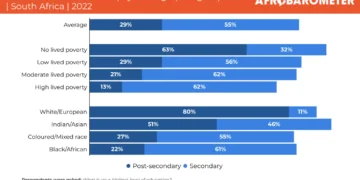

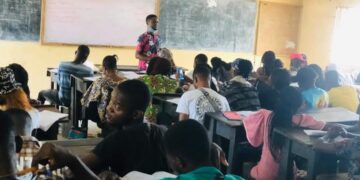
























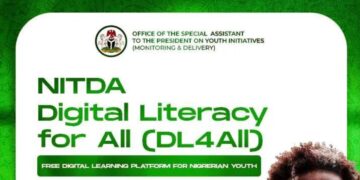

















 EduTimes Africa, a product of Education Times Africa, is a magazine publication that aims to lend its support to close the yawning gap in Africa's educational development.
EduTimes Africa, a product of Education Times Africa, is a magazine publication that aims to lend its support to close the yawning gap in Africa's educational development.

